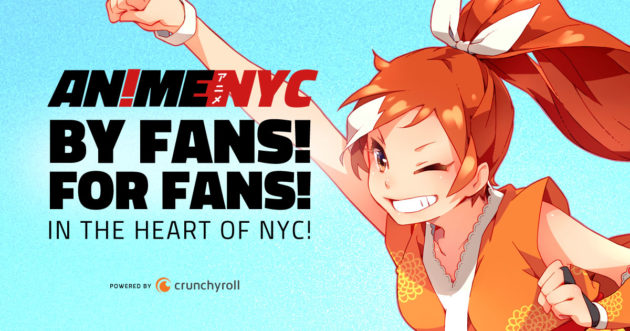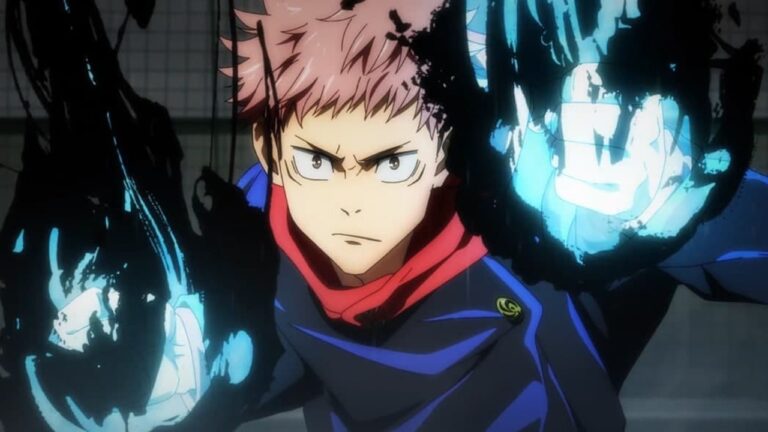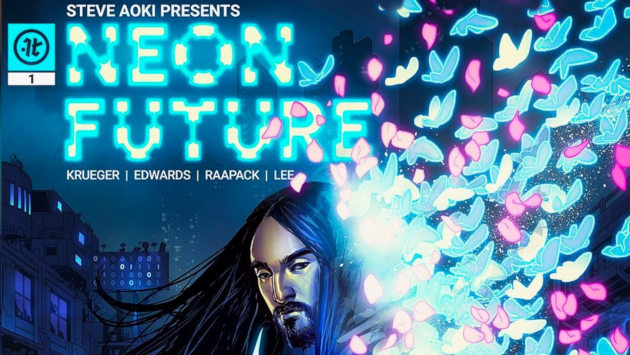Speakers Hilton George, CEO of BlerdCon, and Frederick Jones, founder of MyFutPrint Entertainment, laid out a grand design for growth in Saturday afternoon’s “Blerd is the Word” panel. The duo captivated a diverse range of Otaku in panel room 2 as they discussed the convergence of identity, fandom, and grappling with lacking representation of persons of color in media. George and Jones also related their similarly humble origins in anime and manga while grappling with a dearth of high quality offerings and exhaustive efforts to procure new content during their youth. In these moments during the discussion arose rumblings of agreement and recognition, a knowing consensus within the audience.
Anime fandom has long and often been a source of ridicule and exclusion for passionate Black youths and Blerdcon, in particular, seeks to replace that negativity with the validation of solidarity in an often misunderstood passion. Taking the initiative to consolidate that base into one facet of Blerdcon’s under- served demographic is a monumental task, but one well within reach. Depicted as a venue wholly accepting of the varied intersectionality of minority communities and geekdom, George and Jones were not only convincing advocates, but welcomed heralds of a burgeoning era of diversified mainstream storytelling. With media powerhouses like Fox and Disney recognizing the intrinsic value of relatable characterization and representation beyond stereotypical tropes, opportunities to reach out from marginalized communities and be heard are becoming more frequent.
During the panel George briefly addressed the correlation between geeks and STEM (science, technology, engineering, and math) disciplines, staunchly embracing a melding of educational and geek sensibilities. This approach could potentially serve a largely academically disengaged younger generation as fandom in general becomes more pervasive. Meanwhile, Jones reiterated that the most transformative voices have yet to be discovered, and that up-and-coming creators must lead the charge in developing representative content. We, as a community, also have to support these inclusive projects, patronizing mainstream and independent efforts to extend the appeal of these stories beyond niche markets.
Though the audience seemed slightly more concerned with the particulars of the panelists anime interests than their loftier intentions, George and Jones were genuinely appreciative of the reception and turnout. In backing Blerdcon and ultimately seeing it transcend to essentially “DragonCon North” status, their vision and dedication deserves the continued support of not just Black anime fans, but any fans seeking richer, more complex and relevant content across mediums. In this increasingly polarized socio-political climate, where divergent opinions are met with not only ridicule, but open hostility; diversifying the sources of narrative and expanding that agency in media has become an essential societal responsibility.
Christian Davenport



